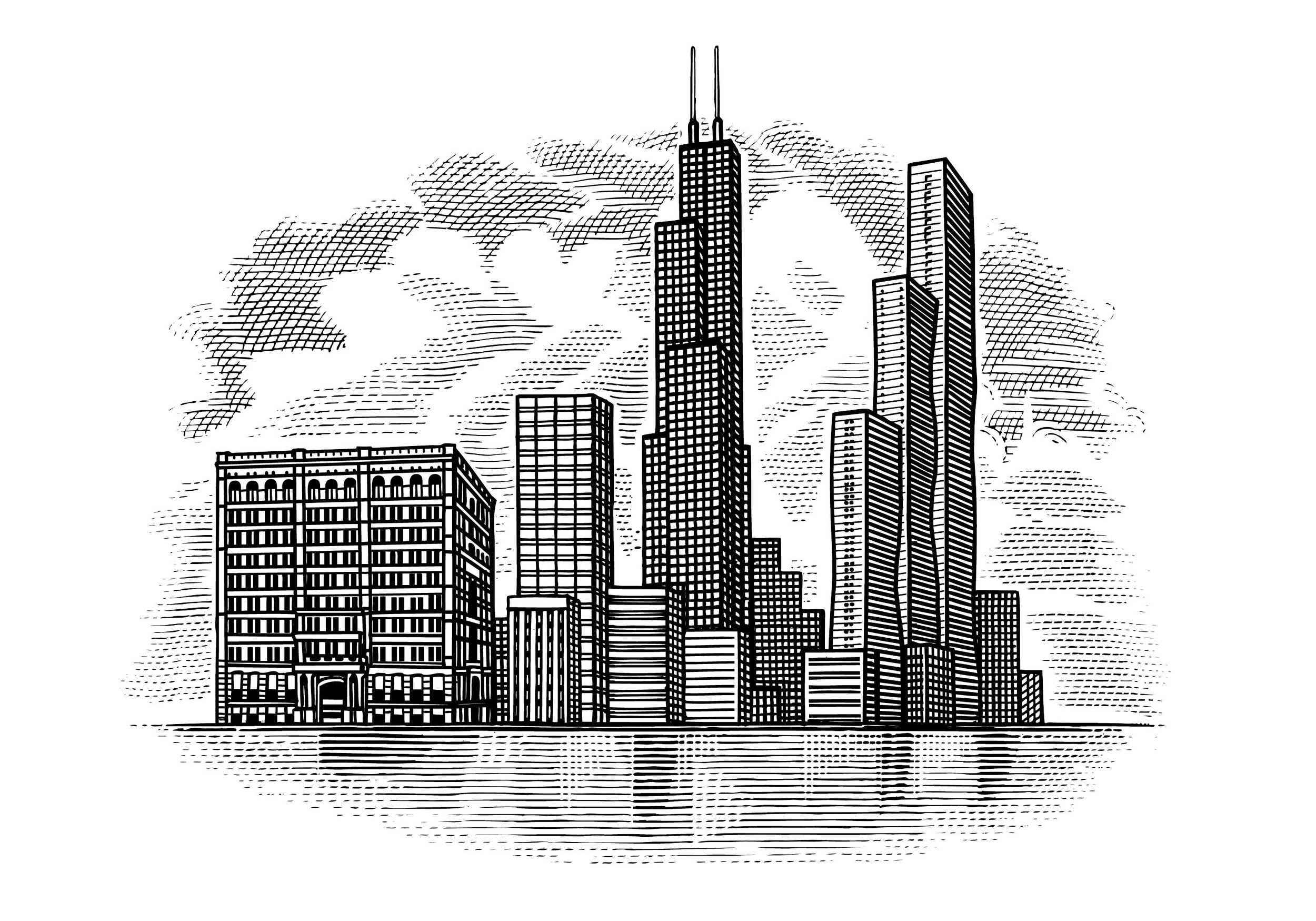Review: Netflix's The Final Table Is Onto Something Good
Photo by Adam Rose
This post contains spoilers.
By now, if you have watched the Netflix original culinary showdown series The Final Table, you probably also hold a strong opinion of it: Andrew Knowlton was so annoying! The Brazil episode was so bad! That guy won? Really?!
For those who have not watched The Final Table, the concept is as follows: 12 teams of two (accomplished) chefs each face off in a international culinary showdown. In each episode, the chefs must cook a different country’s national dish, as chosen by three native judges, usually celebrities or sports stars. Three teams finish on the bottom and must cook again; those dishes are judged by an elite chef from the same country. One team is then eliminated, and the show moves on to another country. The elite chef comes back in the finale, with the chefs from the other countries, to pick a winner who will sit with them at the “Final Table.” For example, for the United States episode, the national dish was a Thanksgiving dinner, the celebrity judges were Dax Sheppard, Colin Hanks, and Sam Sifton, and the elite chef was Grant Achatz from three-Michelin starred Alinea in Chicago.
The Final Table gets a lot right of things right — and it gets a lot wrong, too. With the glut of food television currently available, it is difficult to devise a cooking competition series that stands apart, but The Final Table is unique despite its other shortcomings. Mixing a team-based competition (other shows focus on individuals), with an international bent (other shows don’t go there), combined with the sheer (Michelin) star power of the “Final Table” judges is something totally unique to this show, and not something likely to be duplicated or spunoff elsewhere.
But the show falls short in the way it goes international and for tone/stylistic issues that occur as the season goes on. Host Andrew Knowlton, editor-at-large of Bon Appetit, is, in fact, annoying in his role, not for anything he does so much as he doesn’t seem the right person for the job (although in the finale episode, when the star-studded judges table is finally assembled, he whips out his phone and takes a selfie in what seems like a clearly improvised move. Most of the chefs did not seem amused.) Knowlton is inserted into scenes he doesn’t belong in, and he doesn’t quite pull off the “master purveyor of every cuisine” as well as Alton Brown, Gordon Ramsay, or Padma Lakshmi do in their respective shows. His stage presence is lacking and distracts more than it adds. Knowlton would be an excellent game show host, but a cooking competition that Netflix has billed as serious seems outside his wheelhouse.
The Final Table also falls short in the international arena. Netflix clearly went out of its way to avoid charges of “cultural appropriation” by assembling a diverse cast and having native judges choose native dishes; the only “interpretations” here are done with the blessings of the judges. And while that is well and good, the show plays it safe with the countries it features. The most out of the box and unexpected countries are probably Japan (the chefs have to cook kaiseki) and India (the chefs cook “buttered chicken — with a twist”). The other episodes don’t venture far past the Western culinary canon: the U.K., Italy, and France are all featured, with the French episode positioned immediately before the finale and particularly stuffy — the chefs make hare à la royale and the judges are very, very stereotypically French. But ultimately the show misses an opportunity to really explore new territory, hopefully leaving it for season two.
Where the show stands apart, and where the potential lives for future seasons, is in the underlying concept of the “final table.” In the finale episode the last four chefs are tasked with individually making a “signature” dish, then defending that dish to the nine-chef panel. The chefs treated their dishes as a doctoral student would treat their thesis, and the judges faithfully played the role of the academy seriously weighing who should be admitted to their ranks. Knowlton’s antics aside, the last episode pulled the show together in a way that certainly beat my mediocre expectations for it.
The fact that chef Tim Hollingsworth won (and not Mark Best) is ultimately besides the point because what makes the show great is not the dishes themselves. It’s the fact it offers a new way to confer culinary recognition: great chefs recognizing another as their own. With some adjustments, season two will be essential food television.

